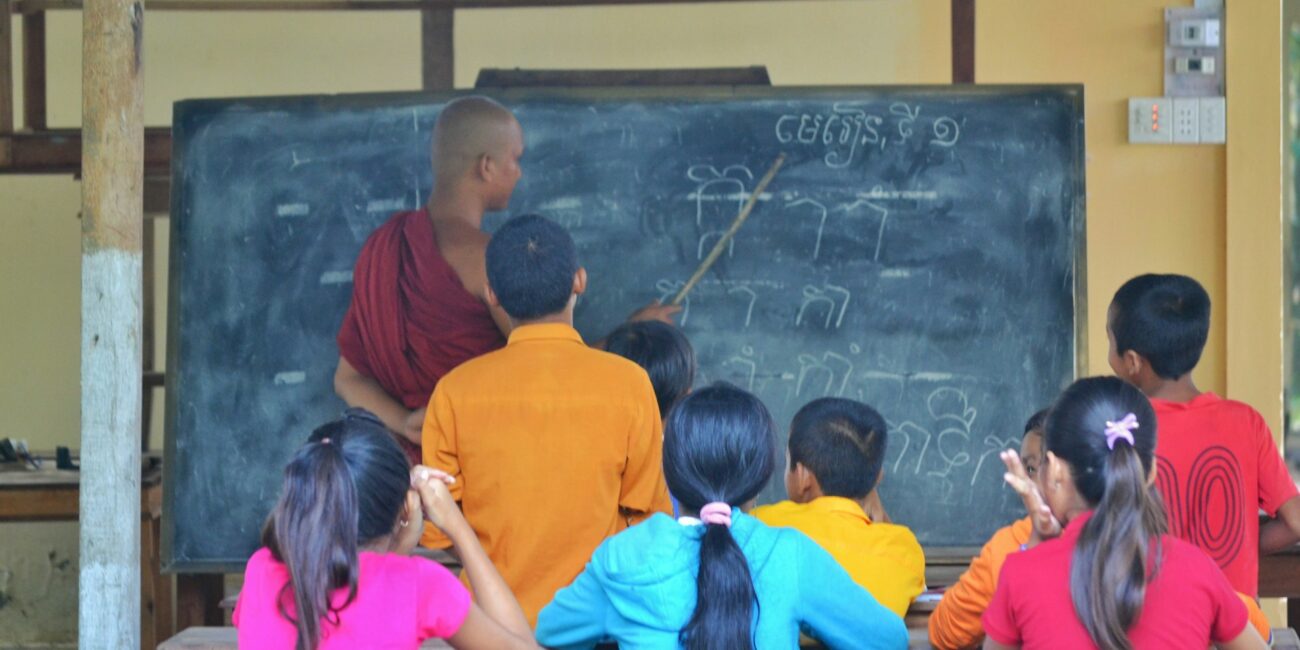Education levels have wide-ranging effects on individuals, communities, and societies. These effects can be economic, social, health-related, and even political. Here’s a breakdown:
1. Economic Effects
-
Higher income: Generally, people with higher education earn more. For example, university graduates often have better-paying jobs than those with only primary or secondary education.
-
Better employment opportunities: Higher education opens access to skilled and professional jobs, while lower education levels may limit people to low-wage or unstable work.
-
Economic growth: Societies with higher average education levels tend to have stronger economies because of a more skilled workforce.
2. Social Effects
-
Improved social mobility: Education can help people move out of poverty and improve their family’s future prospects.
-
Greater civic participation: Educated individuals are more likely to vote, volunteer, and engage in community activities.
-
Reduced inequality: Higher education access helps close gaps between genders, classes, and communities.
3. Health Effects
-
Better health outcomes: Educated individuals usually have better access to health knowledge and services, leading to healthier lifestyles and longer life expectancy.
-
Lower child mortality: Mothers with higher education levels are more likely to ensure proper healthcare and nutrition for their children.
-
Reduced risky behaviors: Education is linked to lower rates of smoking, drug abuse, and unsafe practices.
4. Psychological & Personal Development
-
Critical thinking and problem-solving skills: Education improves decision-making and adaptability.
-
Confidence and self-esteem: Higher education often boosts self-worth and empowerment.
-
Lifelong learning: Educated people are more likely to keep updating their skills and knowledge.
5. Political & Global Effects
-
Stronger democracies: Education promotes awareness of rights, responsibilities, and political processes.
-
Peace and stability: Higher education levels reduce the likelihood of conflict and crime.
-
Global competitiveness: Countries with a highly educated population can innovate and compete in the global market.
👉 In short: Higher education levels tend to create better opportunities, healthier societies, and stronger economies, while lower education levels are often linked with poverty, poor health, and limited opportunities.








No Comment! Be the first one.